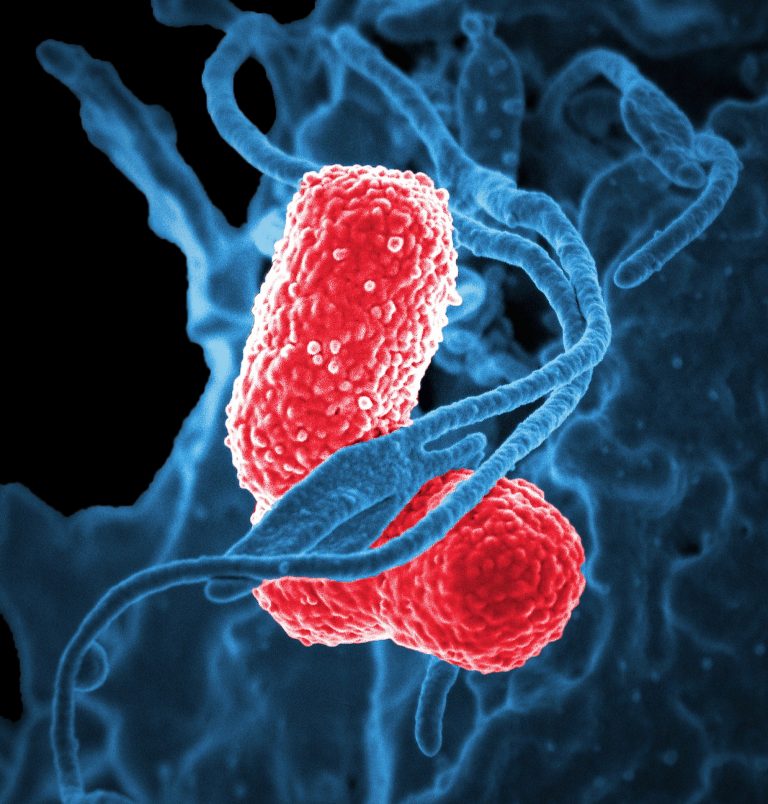What do we know about this outbreak so far?
On 24 December 2019, the National Institute of Communicable Diseases, a division of the National Health Laboratory Service was informed of a suspected outbreak of bloodstream infections in the neonatal unit at Tembisa hospital. The suspected organism was identified as Klebsiella pneumoniae, a bacterial pathogen. We define an outbreak as an increase in the rate of K. pneumoniae above the baseline rate and we noted an increase above the expected threshold in the number of observed cases of K. pneumoniae bloodstream infections.
We also monitor if these bacteria are resistant to antibiotics and noted that the threshold was also exceeded for the number of carbapenem-resistant K. pneumoniae bloodstream infections. Based on the latest information we have, from 1 November 2019 through to 16 January 2020, 22 babies were diagnosed with a K. pneumoniae bloodstream infection and 21 babies were infected with a carbapenem-resistant K. pneumoniae strain, 10 deaths have been reported. There have been 3 new cases in January 2020 to date and no new deaths.
What is being done to control the outbreak?
The Gauteng Department of Health and Tembisa Hospital management has drafted an operational plan, which is currently being implemented to address some of the contributory factors that drives the outbreak. In addition, the neonatal unit has continued to isolate babies with antibiotic-resistant infections in a separate section of the unit.
What is carbapenem-resistant Klebsiella pneumoniae?
- pneumoniae belongs to a group of bacteria called the Enterobacterales or Enterobacteriaceae and can cause serious infections in newborn babies. Some strains of K. pneumoniae are resistant to the broad-spectrum carbapenem group of antibiotics (these include ertapenem, imipenem, meropenem and doripenem) and are then referred to as carbapenem-resistant Enterobacterales (CRE). Infections caused by CRE strains can be difficult to treat. Strict adherence to contact precautions that includes isolation of cases in separate cubicles is recommended for babies with CRE infections.
Contact for more information:
Sinenhlanhla Jimoh
Senior Communications Manager: National Institute for Communicable Diseases, a Division of National Health Laboratory Service
1 Modderfontein Road, Sandringham
Tel: +27 (0) 11 386 6409 | Cell: +27 (0) 82 609 9514
Sinenhlanhlaj@nicd.ac.za





